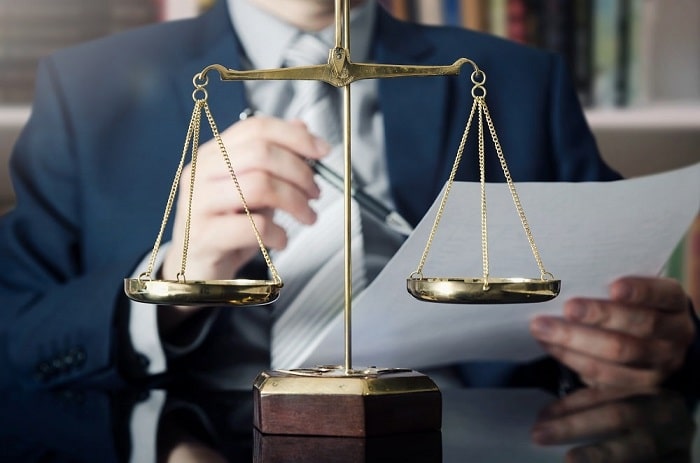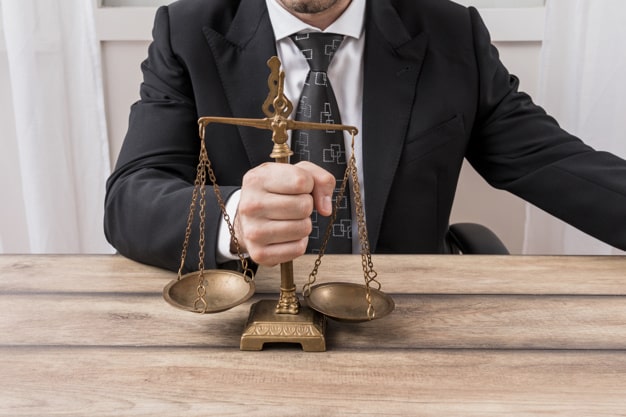What is a Probation Violation Hearing?
If you are notified that you have violated probation and a hearing has been scheduled, you may be wondering, “What is a probation violation hearing?” In this article, you’ll learn what to expect and how to prepare for your hearing.
If someone who is on probation fails to adhere to the requirements of their probation, they are entitled to a hearing before their probation is officially revoked. The outcome of probation violation hearings depends on the specific circumstances of the violation, the reasons for the violation, and the probationer’s criminal history and attitude.
While on probation, almost any law you break, other than most traffic violations, can violate your probation. If you fail to keep your agreements, it is a violation of probation. Probation violations include the failure to do specific things including:
- Attend, participate in, and complete court-ordered treatments or counseling. This can include:
- Drug rehabilitation programs (including AA, NA, or MADD)
- Anger management classes
- Domestic abuse prevention
- Parenting classes
- Drug/alcohol diversion
- FTA – Failure to Appear (not showing up at required hearings)
- Pay restitution to a victim and court-ordered fines or fees
- Complete required community service
- Report to your probation officer on schedule and/or not following their instructions
- Get and keep a job
- Pass drug tests
- Comply with electronic monitoring requirements
- Adhere to restrictions on contact with minors
- Comply with restraining orders
In addition to the failure to do the above things, doing certain things can violate probation:
- Possession of illegal drugs (or alcohol if it is a condition of probation)
- Being under the influence of drugs
- Arrest for DUI
- Pleading nolo contendere to another criminal charge
- Possession of a firearm (if you’re a prohibited person)
- Being in an area where illegal drug sales occur (if drug-related offender)
- Leaving the county or state without permission from your probation officer
What Happens at a Probation Violation Hearing?
There are two parts to a probation hearing. They may both occur at the same time or be separated by a period of time. During the first part, the judge considers the evidence and decides if there is probable cause to summarily revoke probation.
A summary revocation is not an official, permanent revocation. A summary revocation allows the court to take action to detain the probationer. If the probationer isn’t present, a bench warrant can be issued for their arrest.
If probation is temporarily revoked, the clock stops on the probation until the judge makes a final ruling. However, if the probationer is not detained, the restrictions attached to the conditions of their probation remain in effect.
The second part of the probation hearing process is a formal hearing and may be delayed for months if the courts’ calendar is crowded. Witnesses, who can be cross-examined just like witnesses at a trial, can be called to testify. When making the decision, the judge may also consider the probation officer’s report.
During probation hearings, the judge’s decision considers all relevant factors including past probation violations, criminal history, the type of violation, and whether the probationer is a danger to the public. Based on the evidence and the probationer’s attitude, the judge can order a variety of outcomes including:
- Formal revocation of probation. This results in the probationer being remanded into custody to serve the remainder of the sentence.
- Reinstate probation as it was
- Reinstate probation with new terms and conditions that may include
- Fines
- Jail time
- Community service requirements
- Attending specific courses
- A requirement to find employment
- Extending the duration of probation
What do I Need to Prepare for PVH?
If there is evidence that the violation did not occur, gather evidence to support the claim. For example, if the claim is that you did not pay restitution, bring documentation from the bank showing it was paid. If there are reasonable explanations for your actions, gather and bring any evidence that could help your case.
Dress for the hearing the way you would dress for an actual trial, clean, well-groomed, and as calm as possible.
Do I Need an Attorney?
Now that you know what happens at a probation violation hearing, you know that hiring a Los Angeles criminal defense attorney to represent you gives you the best chance of obtaining the desired outcome. If evidence exists that justifies the violation, such as a convicted drug offender being in an area where drugs are sold looking for their runaway teenage child who had been seen in the area, an attorney may be able to present the evidence in the best light.
Your attorney may be able to present evidence that will lessen the negative impact of the probation violation.


